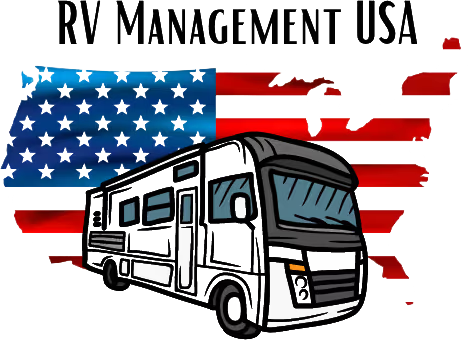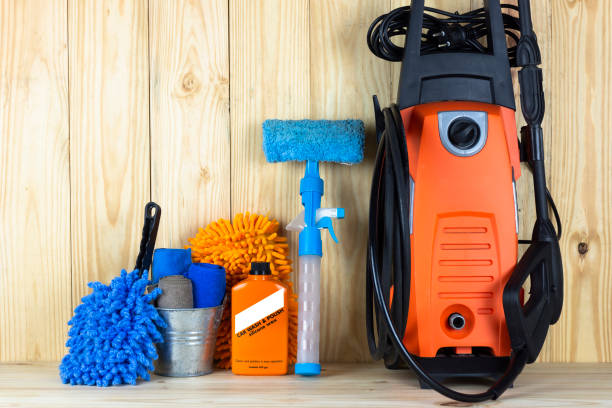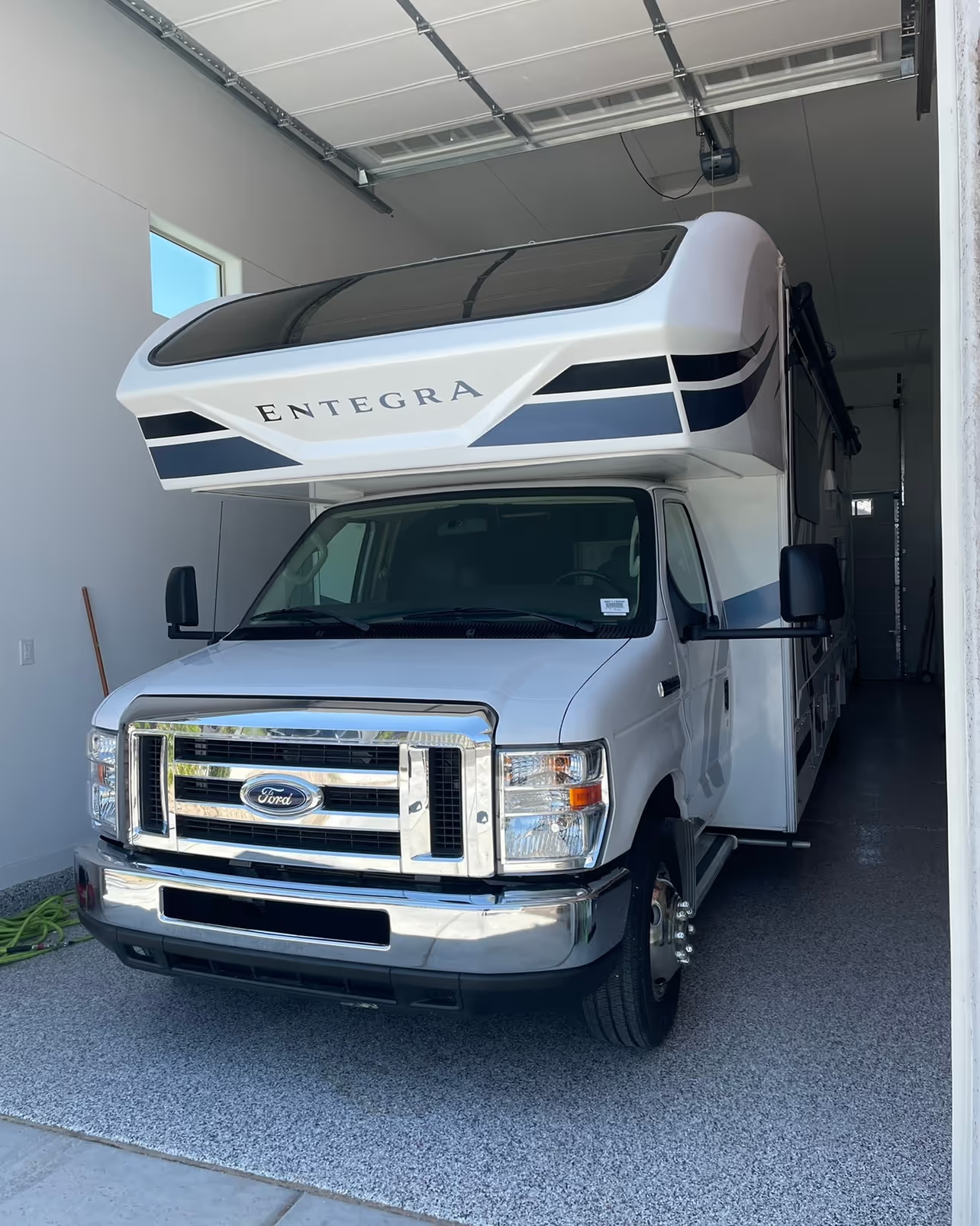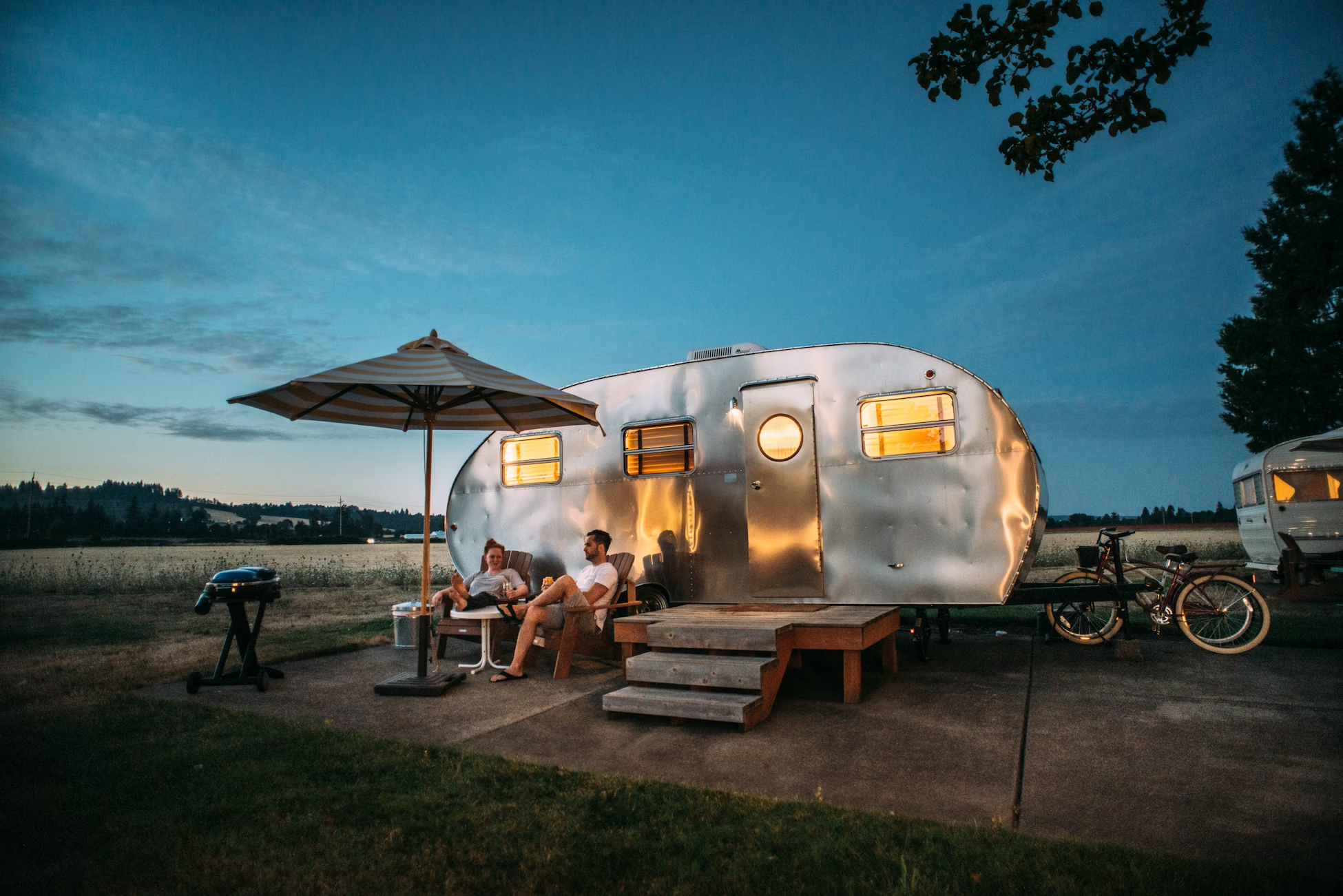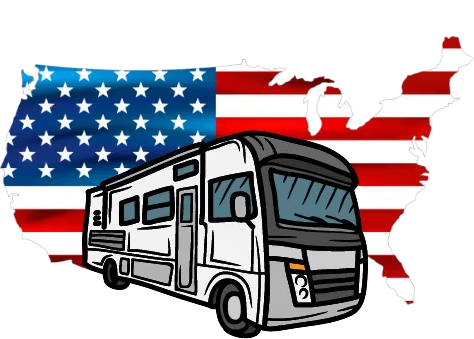Renting out your RV can be a powerful way to offset costs and generate passive income—but it’s also a business. And like any business, there’s a learning curve. Many first-time owners dive in with optimism, only to discover that small oversights can lead to big headaches.
Whether you're considering renting out your rig for the first time or have already had a few experiences under your belt, this guide will help you avoid the most common (and costly) mistakes owners make.
Table of Contents
- Underestimating the Time Commitment
- Skipping a Pre-Rental Walkthrough
- Pricing Too Low (or Too High)
- Forgetting to Screen Renters Properly
- Poor Communication and Guest Experience
- Not Having the Right Insurance
- Failing to Maintain the RV Between Rentals
- Going It Alone Instead of Using a Management Program
- Ignoring the Details That Drive 5-Star Reviews
- Final Advice: Treat It Like a Business, Not a Hobby
1. Underestimating the Time Commitment

The biggest myth in RV rental is that it’s purely passive. In reality, managing your own bookings, communicating with renters, prepping the RV, and coordinating drop-offs takes real time—especially during peak season.
Many owners are surprised to find themselves spending hours each week on logistics. The real shock comes when a renter cancels last-minute or damages something—and you have no buffer to handle it quickly.
Solution: Consider joining a rental management program like RVM, which provides a local Territory Manager to handle day-to-day tasks.
2. Skipping a Pre-Rental Walkthrough
Handing over the keys without a walkthrough is like renting out a home without an inspection. Renters unfamiliar with RV systems can easily cause accidental damage: driving with slides out, burning out the water heater, or improperly dumping tanks.
Real example: An owner forgot to show a renter how to use the electric awning. It jammed during a storm, tore completely, and cost over $1,200 to repair—none of it covered by insurance due to negligence.
Solution: Always do a walkthrough. Use a checklist or video renters must watch beforehand.
3. Pricing Too Low (or Too High)
Many new owners try to undercut the competition, thinking low prices equal more bookings. But bargain rates often attract less careful renters, while hurting your ability to reinvest in maintenance.
Conversely, setting your rate too high can lead to low occupancy.
Solution: Price strategically based on your market, RV class, and season. Use data-driven pricing tools or rely on RVM’s automated revenue management system.
4. Forgetting to Screen Renters Properly
Not every renter is the right fit for your RV. Some have no towing experience, others may be planning to attend rowdy festivals without telling you.
Solution: Ask questions upfront. Where are they going? Have they rented before? Will they have hookups? RVM managers handle this screening for you and can flag risky renters before they book.
5. Poor Communication and Guest Experience

Your reviews hinge on the rental experience—and that starts with how you communicate.
Delayed responses, vague instructions, and missed check-ins all lead to frustration. Renters expect Airbnb-level responsiveness.
Solution: Automate messages for booking confirmation, pre-arrival, and post-trip. If you’re busy, let a rental manager handle all guest communication.
6. Not Having the Right Insurance
Many owners assume their personal RV policy will cover rentals. It won’t.
Mistake: One owner discovered their coverage was voided after a renter got into an accident—leaving them responsible for $10,000 in repairs.
Solution: Use a rental platform that includes commercial coverage, or work with RVM where insurance is baked into the process.
7. Failing to Maintain the RV Between Rentals
Small issues like loose cabinet hinges, worn seals, or a low battery can snowball into expensive problems.
Solution: Implement a consistent maintenance schedule. Check brakes, batteries, tires, and seals monthly. Use a pre/post rental checklist.
With RVM, a trained TM inspects every unit between bookings to catch issues early.
8. Going It Alone Instead of Using a Management Program
Self-managing might save you a cut of the revenue, but it also requires time, tools, and experience.
Common burnout point: Owners quit after their third or fourth rental due to stress, mishaps, or lost weekends.
Solution: Partnering with RVM means you get all the upside—income, insurance, renter demand—without giving up your nights and weekends.
9. Ignoring the Details That Drive 5-Star Reviews
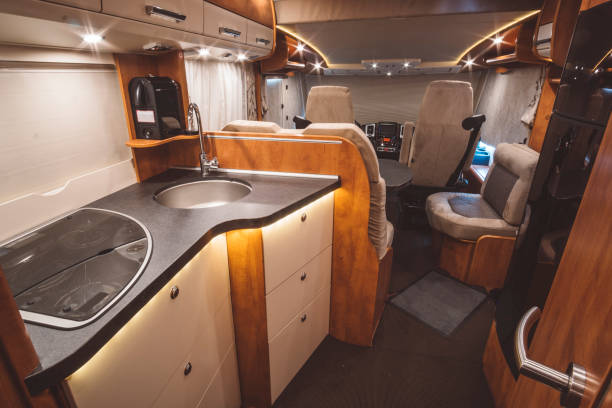
Renters notice the little things: clean linens, stocked kitchens, clear instructions, and working Bluetooth speakers.
Overlooking these can mean the difference between a glowing review and a neutral one.
Solution: Create a checklist of "guest comforts":
- Fresh towels and linens
- A clean, stocked fridge
- Phone charger cables
- Welcome note or printed guidebook
It’s these touches that turn your RV into a travel experience—not just a vehicle.
10. Final Advice: Treat It Like a Business, Not a Hobby
At the end of the day, your RV is an asset. And how it performs depends on how it’s managed.
The owners who succeed long-term are the ones who:
- Automate or delegate routine tasks
- Track performance and reinvest in maintenance
- Treat every renter like a guest—not just a transaction
Whether you manage it yourself or partner with a program like RVM, taking a business-minded approach will protect your RV, your peace of mind, and your bottom line.
– RVM Team
